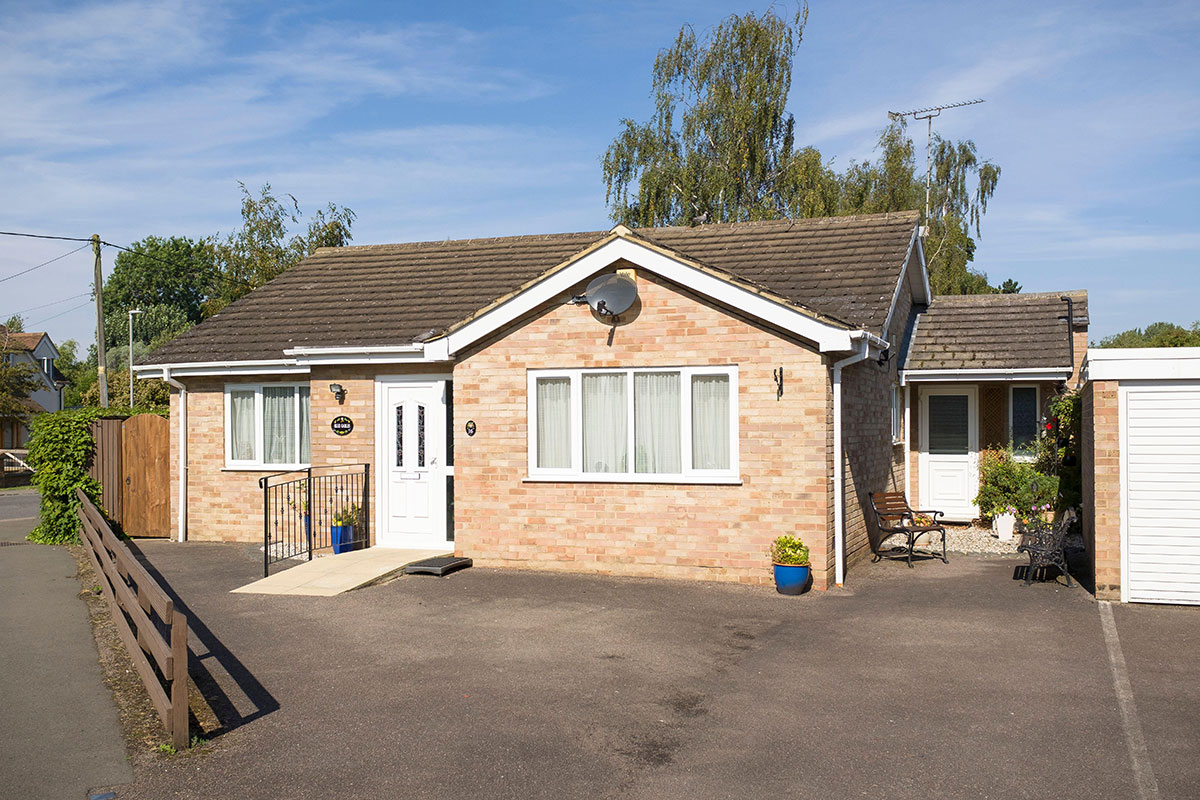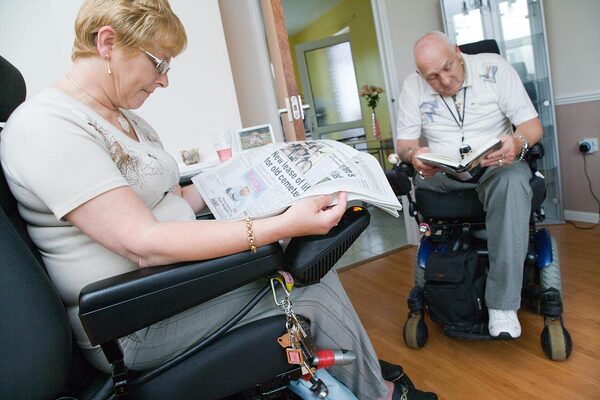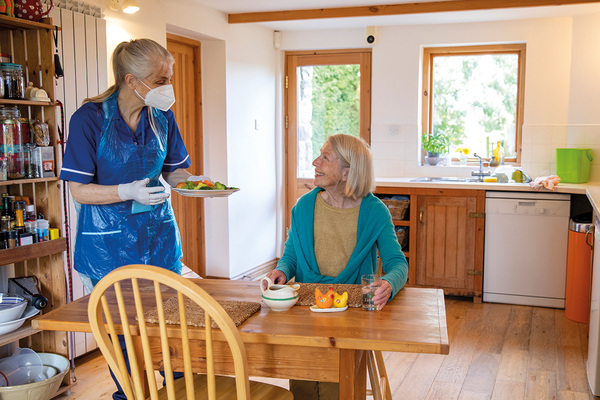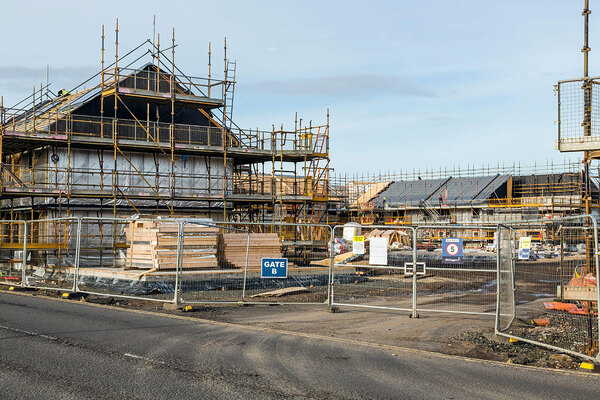Research shows there are 250,000 fewer homes due to inaction on accessibility standards
The UK missed out on a quarter of a million inclusive homes during a two-year policy vacuum, campaigners have warned.
Conservative ministers promised in July 2022 to make certain accessibility and adaptability standards in the Building Regulations mandatory for all new residences.
This would have forced developers to ensure step-free access to entrance-level rooms; clear paths to windows; wide doorways; and other features.
However, the standard, known as M4(2), has remained voluntary and councils can only apply it within viability constraints.
The Centre for Ageing Better said this meant just one in four new homes had been built to meet these requirements in the past two years.
As a result, almost 250,000 residences had been completed in the past 24 months without basic features to make them accessible and adaptable, the organisation said.
It added that around a third of people aged 65 and over currently had a disability, suggesting there could be 4.8 million in this category by 2036.
Meanwhile, almost half of households in England containing a person aged 55 or over who needed an adaptation, currently did not have one, it said.
Carole Easton, chief executive of the Centre for Ageing Better, described the “glacial” rate of housebuilding to meet accessibility demand as “appalling”.
“It is leaving nearly two million people with substantial barriers just to use their own home every day and putting their health at risk,” she said.
“Raising the standard of accessibility has the potential to change millions of lives. Homes with higher accessibility standards benefit everyone, particularly disabled people and older people, and disadvantage no one.”
Easton said the need for accessible homes was going to “grow significantly” over the next 20 years as the population aged.
“At the current rate of building, we have no chance of ever getting close to meeting the needs of everyone,” she added.
The Housing Made for Everyone (HoME) coalition, chaired by the Centre for Ageing Better and Habinteg Housing Association, called on the new government to urgently bring in minimum accessibility standards.
Christina McGill, director of social impact at Habinteg, backed Labour’s housebuilding plans.
But she added: “To make the most of this commitment in a way that truly meets the practical, daily living needs of the population, it must implement the M4(2) accessible and adaptable dwelling standard as the regulatory baseline for all new homes.
“It requires just one further short consultation with industry stakeholders on implementation details.
“By taking swift action to ensure all new homes built in England meet the M4(2) standard, the government could improve health and well-being outcomes, support better community and economic participation among disabled and older people, and save millions in health and social care costs.”
In a debate in the House of Lords earlier this year, Lord Best, a cross-bench Peer, welcomed the announcement that accessibility standards would be mandated. However, he said there had been “very little progress in getting on with the consultation that should have followed”.
Baroness Penn, a Conservative Peer, said she would “have to disappoint” Lord Best, as “I cannot give a specific timeframe for that further work”.
She added: “The Building Safety Regulator is responsible for introducing updates to the Building Regulations and it is a new organisation with a busy programme of work.”
The Conservative Party have been contacted for comment.
A Ministry of Housing, Communities and Local Government spokesperson said: “Housing is one of the government’s top priorities. Everyone deserves to live in a decent, accessible home they feel safe in.
“We will set out policies on accessible housing in due course.”
The new research comes after a report last year highlighted how building homes for wheelchair users could save disabled people and the government thousands of pounds in care costs over a 10-year period.
Sign up for our care and support bulletin
Already have an account? Click here to manage your newsletters












